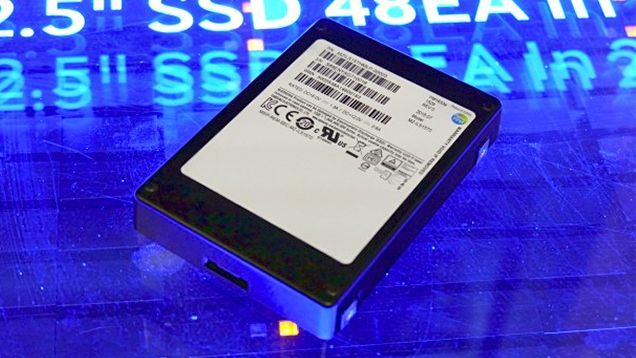Is Bitcoin money? To its users the answer is probably yes, but to many people the answer is less clear. Alan Greenspan, for example, said in December 2013: “I do not understand where the backing of Bitcoin is coming from. There is no fundamental issue of capabilities of repaying it in anything which is universally acceptable, which is either intrinsic value of the currency or the credit or trust of the individual who is issuing the money, whether it’s a government or an individual.” Indeed, one of the things holding back the adoption of cybercurrencies such as Bitcoin is that they do not fit well with traditional ideas about money.
Answers to the question “what is money” have typically fallen into one of three camps. The first, known as metallism or bullionism, holds that money needs to be backed by precious metal. The second camp is chartalism (from the Latin charta for a record) which holds that coins and other money objects are just tokens, that the state agrees to accept as payment of things like taxes. Finally, there is the dominant, hands-off school of thought, which most mainstream economists would agree with, which says that money has no unique or special qualities, but instead is defined by its roles, e.g. a medium of exchange.
Bullionists and chartalists therefore emphasise a different aspect of money – the inherent value or the authorising stamp – while most economists treat it as an inert chip. But none of them seem to apply well to emerging cybercurrencies, which are not backed by precious metal or the state, and (at least at first) are not much use as a medium of exchange. So how do they become money? The answer to this question is that money has quantum properties which allow it to be booted up from the ether.
Quantum money
Continue reading “Bitcoin needs a quantum theory of money” »

















